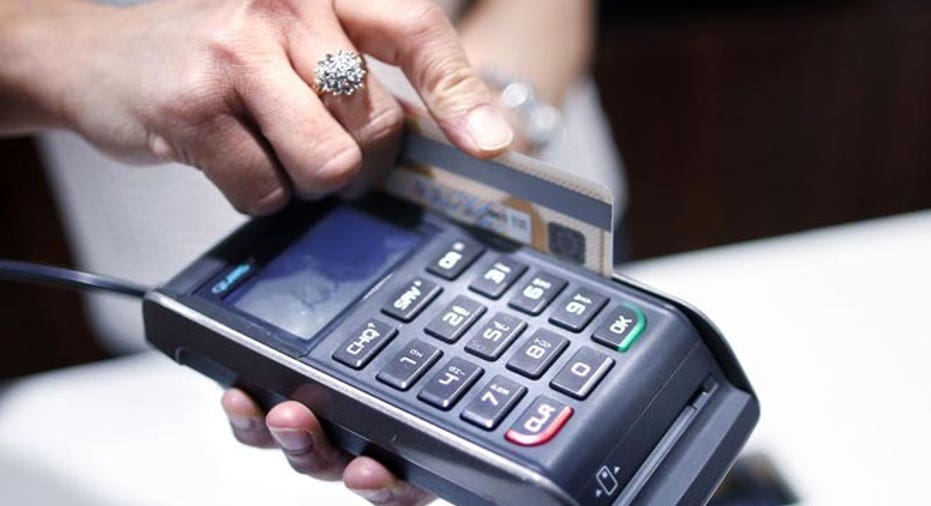Can Too Many Credit Cards Mess Up Your Credit Score?

Dear Opening Credits,The last time we refinanced, I learned the only problem with our otherwise sterling credit score was the fact that we had "too many credit cards." Admittedly, I signed up for store cards at various places to receive discounts and coupons, figuring that since we pay off every credit card every month, the number of cards we have would not be an issue. On the other hand, I also heard that closing a credit card can affect your credit score as well. So which causes more damage to a credit score -- too many cards or closing some of them? Are certain cards better to close than others? -- Jennifer
Dear Jennifer, Even a nearly perfect credit score is quite an accomplishment, so give yourself a hand. You've clearly managed credit well.
Having too many accounts open, though, is not a terrible problem. All it really means is that you have the ability to charge a lot. If you do that, you could get yourself into so much debt that you are unable to afford another loan.
By using the credit cards and always maintaining a zero balance, you're doing the right thing. No interest is being applied, and you're even earning money with the extra savings you get from the promotions. However, because you can go out tomorrow and probably spend many thousands of dollars, you'd suddenly be in the hole if you chose to let the debt linger. Then, if your income can't support those payments, you would become a risky customer.
Let's take a quick look at credit scores. One of the biggest factors in keeping them high is the amount of debt that you maintain in relation to the amount of money you can borrow. FICO scores call it "credit utilization," and to maintain a good ratio, you'll want your total debt to be less than 30 percent of your cumulative credit limit. If you always pay your cards off, you're doing great -- even if you have a wallet full of plastic, because the number of credit lines is not counted in that category.
Closing any of the cards will have very little impact if your utilization ratio is low, but a major impact if it's high. It works like this: Say you can borrow up to $100,000, but only owe $3,000. In that case, you'd be far below the 30/70 ratio. However, if you were to close most of the cards and reduced the combined limit to $5,000, you'd be over the halfway mark and thus overextended. So yes, that would hurt your credit score.
But let's return to your near stellar situation. Why not be content with it? Trying so hard to achieve perfection can be a waste of energy. FICO scores range from 300 to 850, with higher numbers being better because they indicate less lending risk. Excellent scores are in the mid-700s and above. If you're in that range, I suggest you leave well enough alone. You'll still get the best rates on new financing deals, so you won't gain anything by hitting the scoring ceiling.
Now, if you want to close some cards because you don't want to have so much charging latitude, no worries! Review the accounts you rarely (if ever) use, and consider closing them. Still, because part of the scoring system does factor in types of credit in use, you may want to keep a charge, credit and retail card open. And don't close them all at once! Space out any card account closures by six months or so to allow your credit score to readjust.
In short, as long as you pay on time and in full, with a variety of card types, you're on the right track -- and your scores will reflect that behavior in a positive way.
See related: How credit utilization works



















